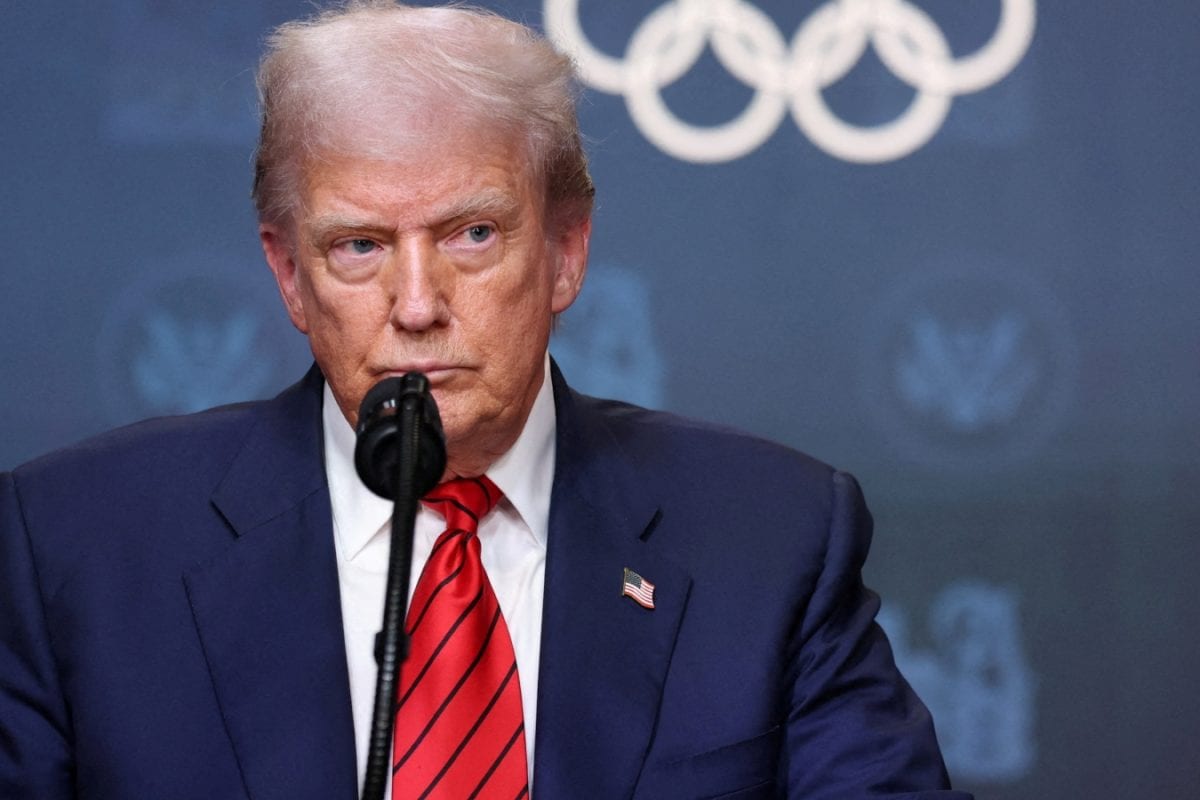

Citing India's continued purchase of Russian oil, former U.S. President Donald Trump has taken a protectionist stance by imposing an additional 25% tariff on goods imported from India. This action, revealed on Wednesday, brings the total tariff on some Indian goods to 50%, escalating trade tensions between the two nations.
Trump administration officials have accused India of supporting Russia's ongoing war against Ukraine through its continued crude oil imports. Trump stated that India has not been a good trading partner to the U.S. He also said that India is fueling the Russian "war machine". The President had earlier hinted at "substantially" raising tariffs on India in a CNBC interview.
The executive order imposing the additional tariff has been signed. It states that goods from India imported into the U.S. will be subject to an additional 25% duty. This tariff will take effect 21 days after the order's signing, specifically for goods entered for consumption on or after 12:01 a.m. eastern daylight time on August 27, 2025. However, goods already in transit and cleared before September 17, 2025, will be exempt.
The Indian government has responded strongly, with the Ministry of External Affairs (MEA) terming Trump's threats as "unjustified and unreasonable". The MEA statement cited trade links between the U.S. and the European Union and accused the U.S. and the EU of targeting New Delhi. Congress MP Shashi Tharoor also criticized the U.S. tariff move, pointing out what he sees as double standards in the U.S. approach to Russia, given that the U.S. continues to import items like Uranium and Palladium from Russia. Tharoor also noted that China imports far more Russian oil than India, while the US gave the Chinese a 90-day break.
The White House has defended the tariff hike, stating that India's importation of Russian oil undermines U.S. efforts to counter Russia's harmful activities. They also claim that India's reselling of this oil on the open market, often at a significant profit, further enables the Russian Federation's economy to fund its aggression. The White House insists that by imposing a 25% tariff, President Trump aims to deter countries from supporting the Russian Federation's economy through oil imports and impose economic consequences on Russia for its ongoing aggressions.
This decision arrives amidst already strained relations between the United States and India, with some officials in the Trump administration accusing India of helping finance Russia's war against Ukraine through its oil imports. The move has sparked concerns about the future of U.S.-India trade relations.